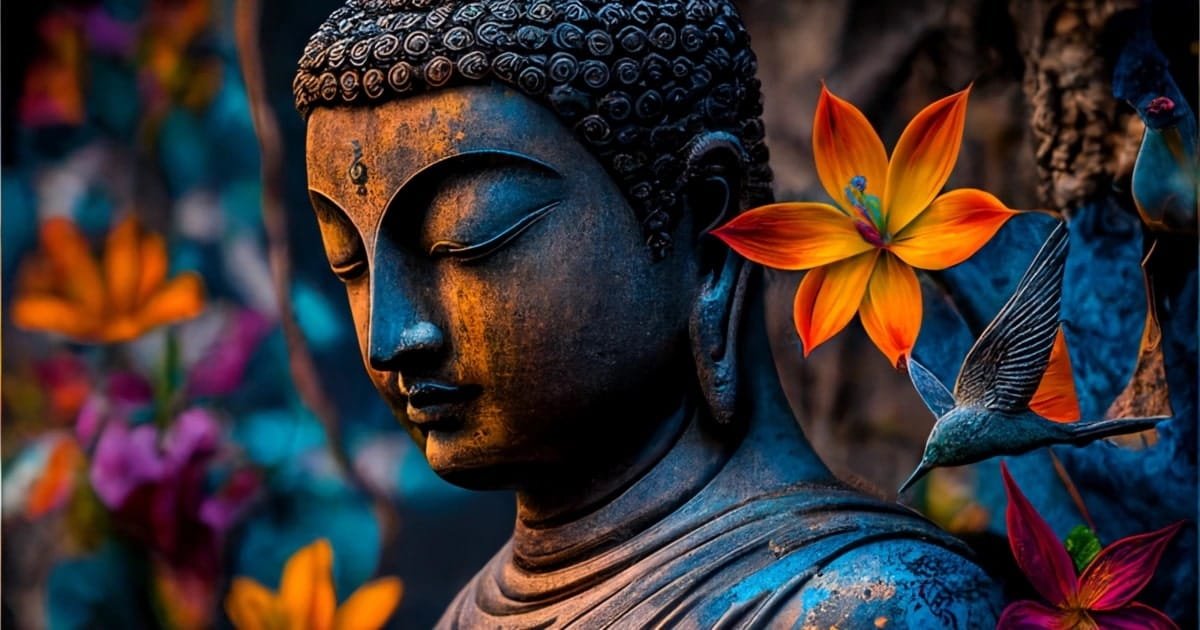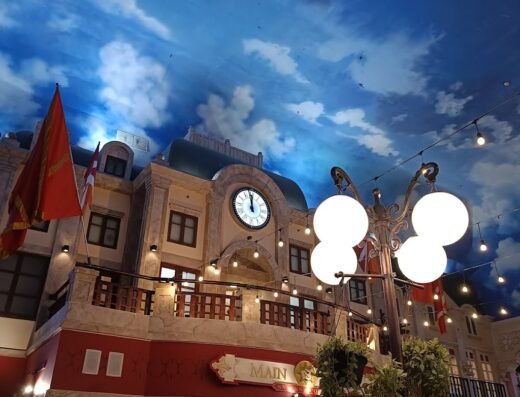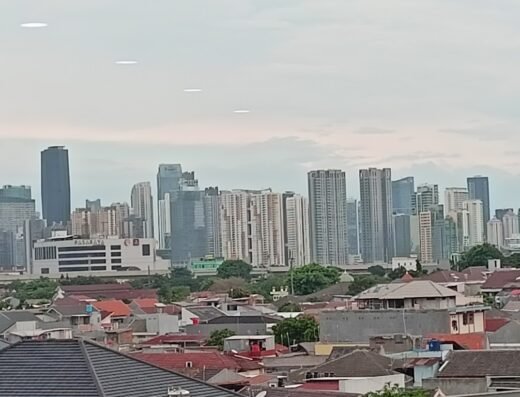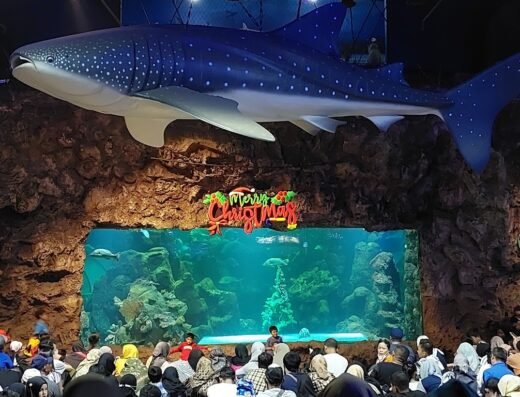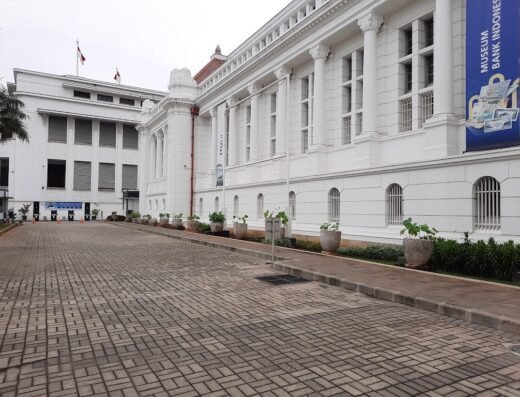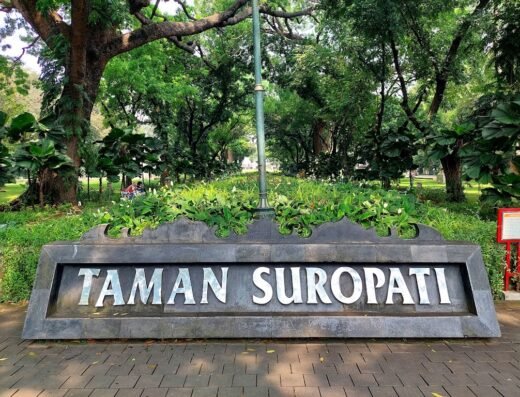Reflect on History at the Tuol Sleng Genocide Museum in Phnom Penh
The Tuol Sleng Genocide Museum is a deeply moving site in Phnom Penh that offers a powerful window into Cambodia’s recent past. Housed in a former high school turned prison during the Khmer Rouge regime, this museum preserves the memory of those who suffered through chilling photographs, original prison cells, and detailed exhibits. Visitors often highlight the thoughtful audio guide, available in multiple languages, which narrates survivor stories and contextualizes the tragic history with profound respect. Paired with a visit to the nearby Killing Fields, this experience is an essential part of understanding Cambodia’s resilience and the importance of remembrance. The museum’s solemn atmosphere encourages quiet reflection rather than casual tourism, making it a significant and meaningful stop for those seeking to honor history and gain deeper insight into the country’s journey.
Categories
Regions
Location
Points of Interest
Khai Nam Bus Station
Loading points of interest...
Loading points of interest...
Loading points of interest...
Loading points of interest...
Loading points of interest...





